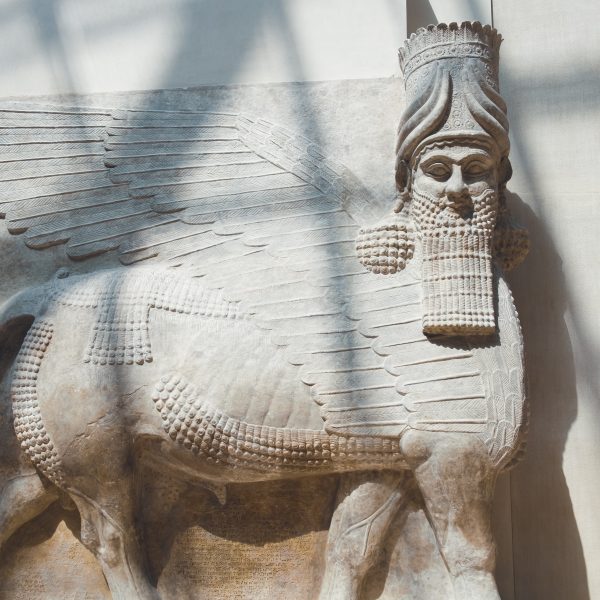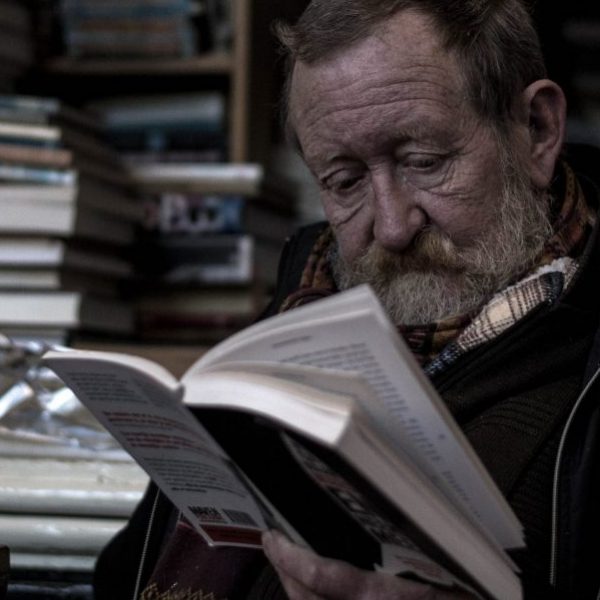The Modern Age of Books
Books, often carriers of cultural history, also have
a cultural history of their own. The book has played a different role in each
culture and era. The Book
in the Renaissance, by Andrew Pettegree, examines the first 150 years
after the invention of print. As it were, books played more than just a role in
pleasure, but were deeply interwoven with politics, religion and economics of
the time as well.
Nor was this a unique
phenomenon, for even now, the importance of books is up for debate. There has
been a lot of talk about how the digital age will affect the future of books
and publishing, with the BBC
News recently weighing in. Although it takes the stance that books in print
may be faced with a grim future, others believe that the art of reading still
has hope.
Criticisms about reading
since the advent of the internet have also emerged, lamenting that the internet
has ruined people’s attention spans. This has generated a movement called “slow
reading”, one that values the idea of taking time and reading thoughtfully. The Guardian
discusses how for the true “slow reader”, nothing can replace a real, bound
book.
Interestingly enough,
Pettegree’s first chapter talks about the book before print, during a time when
we may be worrying about the book after print. After discussing the invention
of the press, he moves on to talk about consolidation – how the book became a
part of the culture. But that’s not all, for the next sections discuss conflict
and the new world that evolved from books.
Print technology may be
rendered obsolete in a matter of years, but books have survived even before the
dawn of printing. The Book in the
Renaissance offers up a unique history on an invention that some have often
taken for granted.



